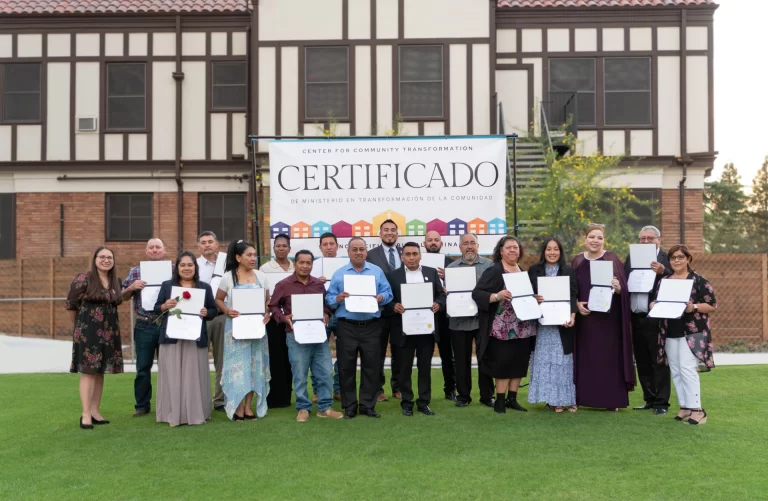Cities aflame, again. Fifty years after the civil rights movement, we are experiencing the truth of Dr. Kings words, that “Injustice anywhere is a threat to justice everywhere.” We hear echoes of the Biblical call to “Let justice roll down like waters, and righteousness like an ever-flowing stream.” (Amos 5:24)
Rather than getting caught up in the dramatic images of mob violence, or letting ourselves off the hook by saying it was only one bad police officer, or opportunistic looters, what we should be focusing on is the experience of hundreds of thousands of peaceful protestors who suffer from a deep, unhealed wound that aches in the heart of so many of our friends of color. And it is unhealed because so many of the systems that serve white people well, so often fail so many others. It is unhealed because we tolerate narratives in our country that overtly or subtly convey a message of white supremacy, even by people who abhor that ideology. For a deeper and uncomfortable dive on the subject, I’ve been helped by The Rage of a Privileged Class, by Ellis Cose. And from an overtly Christian perspective, Gracism: The Art of Inclusion by Anderson.
I pray we could work together to heal the true wound. For the CCT as an institution, its why we’ve focused our initiatives to address the systemic parts of the wound. That means working to ensure people who have been marginalized have a new skill set: access to jobs and business ownership that provide self-determination, financial training to inoculate themselves from predatory lending, and ministry training for Latinx leaders that focuses on community transformation of the physical, spiritual economic and political realities of life in the neighborhood. It’s not everything that is needed, but it’s one thing we as an institution can do. Please see our home page to learn about:
- Micro enterprise, empowering marginalized families to start a business
- Social Enterprise, training faith institutions to start businesses that hire people with barriers to employment
- Ministry training for Latinx leaders in Community Transformation strategies
- Faith & Finances training, equipping vulnerable residents with the financial tools they need to survive systemically racist, predatory lending and succeed
Dr. King’s oft-quoted axiom reminds us that “Hate cannot drive out hate, only love can do that.” It makes us ask, “What would love require?” It requires listening more than talking. And if we listen we hear a call for equity in all sectors of life. Until the day equity arrives in the systems that have historically denied it, we will be working on equipping the marginalized with a new skill set that cannot be denied.





